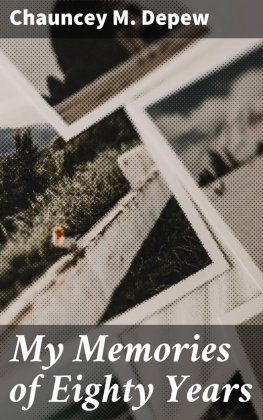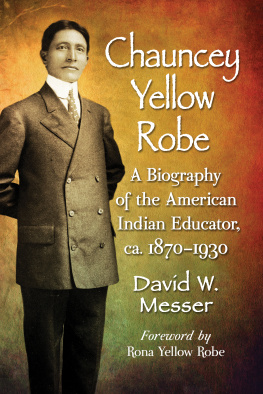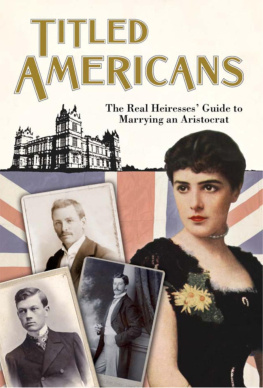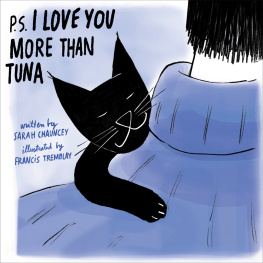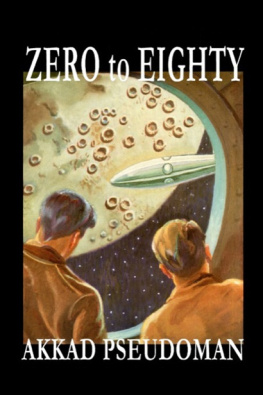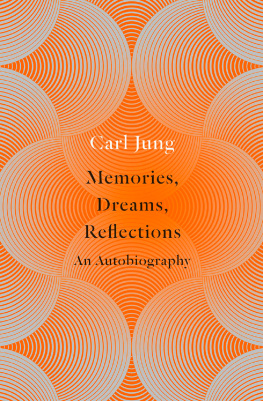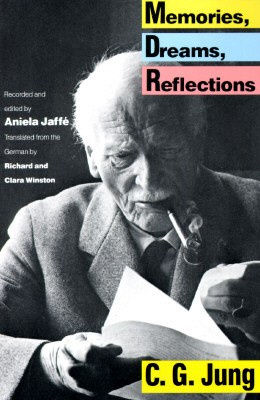FOREWORD
Table of Contents
For many years my friends have insisted upon my putting in permanent form the incidents in my life which have interested them. It has been my good fortune to take part in history-making meetings and to know more or less intimately people prominent in world affairs in many countries. Every one so situated has a flood of recollections which pour out when occasion stirs the memory. Often the listeners wish these transcribed for their own use.
My classmate at Yale in the class of 1856, John D. Champlin, a man of letters and an accomplished editor, rescued from my own scattered records and newspaper files material for eight volumes. My secretary has selected and compiled for publication two volumes since. These are principally speeches, addresses, and contributions which have appeared in public. Several writers, without my knowledge, have selected special matter from these volumes and made books.
Andrew D. White, Senator Hoar, and Senator Foraker, with whom I was associated for years, have published full and valuable autobiographies. I do not attempt anything so elaborate or complete. Never having kept a diary, I am dependent upon a good memory. I have discarded the stories which could not well be published until long after I have joined the majority.
I trust and earnestly hope there is nothing in these recollections which can offend anybody. It has been my object so to picture events and narrate stories as to illumine the periods through which I have passed for eighty-eight years, and the people whom I have known and mightily enjoyed.
C.M.D.
MY MEMORIES OF EIGHTY YEARS
Table of Contents
I. CHILDHOOD AND YOUTH
Table of Contents
It has occurred to me that some reminiscences of a long life would be of interest to my family and friends.
My memory goes back for more than eighty years. I recall distinctly when about five years old my mother took me to the school of Mrs. Westbrook, wife of the well-known pastor of the Dutch Reformed church, who had a school in her house, within a few doors. The lady was a highly educated woman, and her husband, Doctor Westbrook, a man of letters as well as a preacher. He specialized in ancient history, and the interest he aroused in Roman and Greek culture and achievements has continued with me ever since.
The village of Peekskill at that time had between two and three thousand inhabitants. Its people were nearly all Revolutionary families who had settled there in colonial times. There had been very little immigration either from other States or abroad; acquaintance was universal, and in the activities of the churches there was general co-operation among the members. Church attendance was so unanimous that people, young or old, who failed to be in their accustomed places on Sunday felt the disapproval of the community.
Social activities of the village were very simple, but very delightful and healthful. There were no very rich nor very poor. Nearly every family owned its own house or was on the way to acquire one. Misfortune of any kind aroused common interest and sympathy. A helping hand of neighborliness was always extended to those in trouble or distress. Peekskill was a happy community and presented conditions of life and living of common interest, endeavor, and sympathy not possible in these days of restless crowds and fierce competition.
The Peekskill Academy was the dominant educational institution, and drew students not only from the village but from a distance. It fitted them for college, and I was a student there for about twelve years. The academy was a character-making institution, though it lacked the thoroughness of the New England preparatory schools. Its graduates entering into the professions or business had an unusual record of success in life. I do not mean that they accumulated great fortunes, but they acquired independence and were prominent and useful citizens in all localities where they settled.
I graduated from the Peekskill Academy in 1852. I find on the programme of the exercises of that day, which some old student preserved, that I was down for several original speeches, while the other boys had mainly recitations. Apparently my teachers had decided to develop any oratorical talent I might possess.
I entered Yale in 1852 and graduated in 1856. The college of that period was very primitive compared with the university to which it has grown. Our class of ninety-seven was regarded as unusually large. The classics and mathematics, Greek and Latin, were the dominant features of instruction. Athletics had not yet appeared, though rowing and boat-racing came in during my term. The outstanding feature of the institution was the literary societies: the Linonia and the Brothers of Unity. The debates at the weekly meetings were kept up and maintained upon a high and efficient plane. Both societies were practically deliberative bodies and discussed with vigor the current questions of the day. Under this training Yale sent out an unusual number of men who became eloquent preachers, distinguished physicians, and famous lawyers. While the majority of students now on leaving college enter business or professions like engineering, which is allied to business, at that time nearly every young man was destined for the ministry, law, or medicine. My own class furnished two of the nine judges of the Supreme Court of the United States, and a large majority of those who were admitted to the bar attained judicial honors. It is a singular commentary on the education of that time that the students who won the highest honors and carried off the college prizes, which could only be done by excelling in Latin, Greek, and mathematics, were far outstripped in after-life by their classmates who fell below their high standard of collegiate scholarship but were distinguished for an all-around interest in subjects not features in the college curriculum.
My classmates, Justice David J. Brewer and Justice Henry Billings Brown, were both eminent members of the Supreme Court of the United States. Brewer was distinguished for the wide range of his learning and illuminating addresses on public occasions. He was bicentennial orator of the college and a most acceptable one. Wayne MacVeagh, afterwards attorney-general of the United States, one of the leaders of the bar, also one of the most brilliant orators of his time, was in college with me, though not a classmate. Andrew D. White, whose genius, scholarship, and organization enabled Ezra Cornell to found Cornell University, was another of my college mates. He became one of the most famous of our diplomats and the author of many books of permanent value. My friendship with MacVeagh and White continued during their lives, that is, for nearly sixty years. MacVeagh was one of the readiest and most attractive of speakers I ever knew. He had a very sharp and caustic wit, which made him exceedingly popular as an after-dinner speaker and as a host in his own house. He made every evening when he entertained, for those who were fortunate enough to be his guests, an occasion memorable in their experience.
John Mason Brown, of Kentucky, became afterwards the leader of the bar in his State, and was about to receive from President Harrison an appointment as justice of the Supreme Court when he died suddenly. If he had been appointed it would have been a remarkable circumstance that three out of nine judges of the greatest of courts, an honor which is sought by every one of the hundreds of thousands of lawyers in the United States, should have been from the same college and the same class.


